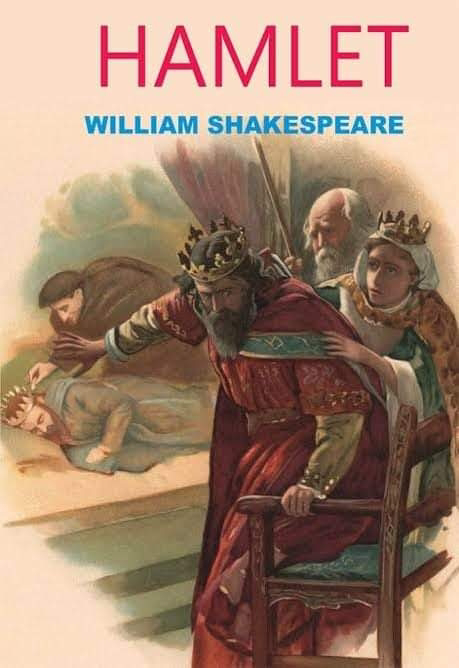Unraveling the Enigma of Shakespeare's "Hamlet": Intrigue and Emotion
In the pantheon of literature, few works have stood the test of time with such unwavering fortitude as William Shakespeare's "Hamlet." It is a play cloaked in mystery, woven with threads of raw emotion, and stitched with the complexities of the human psyche. This masterpiece, a jewel in the crown of English literature, continues to captivate and challenge audiences and readers alike.
The Enigmatic Prince: A Study of Complexity
At the heart of this tragedy is Prince Hamlet of Denmark, an enigma wrapped in a riddle. His character is a paradoxical blend of intelligence and madness, morality and vengeance, inaction and impulsiveness. Shakespeare paints Hamlet as a young man engulfed in existential crisis, grappling with the weighty concepts of life, death, and the morality of revenge.
A Ghostly Catalyst: The Spark of Vengeance
The play unfurls with a spectral encounter; the ghost of Hamlet's father reveals the poison-tinged truth behind his untimely death, igniting the flames of vengeance in Hamlet’s heart. This ghostly revelation sets the stage for a tumultuous narrative, where the line between reality and illusion blurs, leaving the audience to ponder the true nature of the apparition.
Ophelia: A Blossom in a Storm
In the tempest of Hamlet's turmoil, Ophelia stands as a poignant figure of innocence and tragedy. Her descent into madness mirrors Hamlet’s own mental disarray, yet her plight embodies the helplessness and victimization of women in a patriarchal society. Her untimely demise, whether a surrender to madness or an accidental tragedy, leaves a haunting echo of lost innocence and love.
The Poison of Betrayal: A Web of Deceit
"Hamlet" is a tapestry of betrayal and deception. Claudius, the usurper king, epitomizes treachery, his hands stained with the blood of his brother. Yet, the play delves deeper, exploring the betrayal of friends, as Rosencrantz and Guildenstern are ensnared in the king’s machinations. Even the trusted advisor, Polonius, indulges in deception, using his own daughter as a pawn in a game of royal espionage.
To Be or Not to Be: The Eternal Question
In what is perhaps the most iconic soliloquy in literature, Hamlet ponders the essence of existence. “To be or not to be” is not merely a question of life or death; it is a profound meditation on the human condition, the pain and futility of life, and the unknowns of the afterlife. In these lines, Shakespeare reaches into the soul of humanity, exposing our deepest fears and existential dilemmas.
The Final Act: A Tragedy Sealed
The climax of "Hamlet" unfolds with a visceral intensity. The duel between Hamlet and Laertes, laced with treachery, seals the fate of nearly every major character. It’s a tragic testament to the destructive power of vengeance and the inevitable downfall that it brings. In its final breaths, the play leaves a landscape of death, a poignant reminder of the futility of revenge and the fragility of life.
Epilogue: A Timeless Legacy
Shakespeare's "Hamlet" is more than a play; it is a mirror held up to humanity. It explores themes of madness, morality, love, and betrayal, all interwoven with the complexity of the human spirit. Its enduring appeal lies in its ability to resonate with each generation, providing a canvas upon which we paint our own struggles and contemplations.
As we close the curtains on this analysis, one truth remains clear: "Hamlet" will continue to captivate, challenge, and move audiences for generations to come. It stands not just as a pinnacle of literary achievement, but as a testament to the unbounded depths of the human experience.


